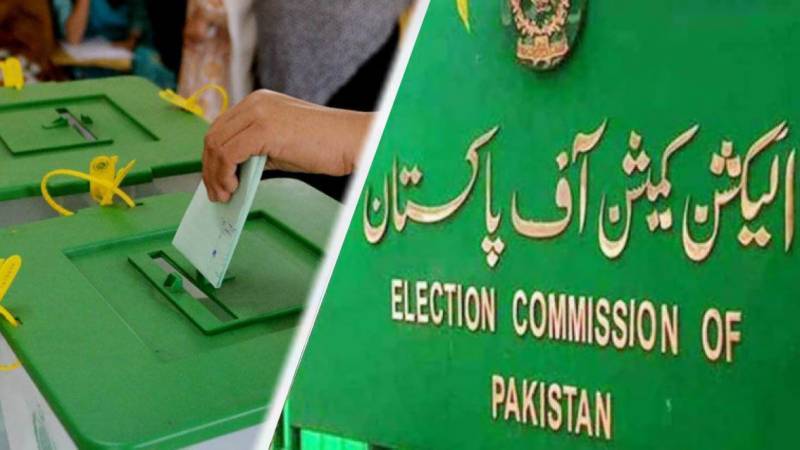A panorama of an early election, a timely and transparent election, as well as credible polls that must be equally acceptable to all stakeholders and fall within the stipulated time frame categorically set by the constitution are the demands of all segments of the society, together with as, when and how it suits to vested political interests of each faction. The state institutions are in a race to cope up their constitutional task in due course of time, while political strategists, the commentators including civil society, think tanks and media anxiously peer at the events happening around them in the country. Thus, a flood of rumours and a propaganda of assumptions has created confusion and uncertainty regarding the upcoming polls, the aims and tenure of the caretaker rulers, while the ECP and the establishment play the role of Aunt Sally for critics and political activists from across the political spectrum.
After the Council of Common Interests (CCI) approved the result of 2023 Digital Census about two week ago that made it mandatory for the Election Commission of Pakistan (ECP) to hold the next general election according to the fresh delimitation of the electoral constituencies. Over the past decade, significant increase has been noted in the population and numbers of voters in each electoral district, that would not only affect vote bank of every political groups but legally merits redrawing of administrative units including Municipal and metropolitan corporations as required by the law and similarly set new boundaries for electoral blocks, and constituencies for Provincial and National Assemblies in all federating units of the country including Gilgit Baltistan and Azad Kashmir. Apparently, that months-long exercise fell in a highly volatile political scenario ahead of a crucial election. The Article 224 of the Constitution binds the ECP to conduct general elections within 90 days after the dissolution of assembly prematurely, while Section 17 (2) of the Election Act calls for delimitation of the constituencies after every census officially declared. There might be legal implications of holding an election beyond stipulated period of 90 days, but there would also be constitutional issues along with political repercussions in the aftermath of general elections if some political groups raise objection to the conduct of a void polls that did not correspond to the ground realities. The situation really presents a unique challenging diegesis, that deserves across the board national consensus and unity among all contesting groups in good litter and spirit for broader national cause.
Historically, persistent political instability and an unceasing tussle between major political groups over the past years have badly spoiled the domestic political environment, thus a high level of trust deficit and antagonism reduced the scope for any intra-party dialogue and consensus on political and national issues. Multiple problems such as economic degradation, skyrocketing inflation and deteriorating law and order situations are the outcome of months long political unrest and prevailing uncertainty in the country. As the caretaker setup took over the ruins of the government, the ECP announced the schedule for delimitation of the Electoral constituencies that is almost a four months process and would surely delay the next election for 2-3 months. The Pakistan Tahreek-e-Insaf (PTI), the PPP have opposed the ECP and termed it as ill-intent and incontravation to the Constitution. Both political groups vowed to challenge the ECP’s decision in the court so that the election process could be accomplished in due course of time in line with the provisions of the constitution.
The newly emerged situation has certain legal, political and constitutional aspects that warrants due care, immediate attention and timely redressal from the state to avoid any further crisis and any unforeseen situation in the future. While it becomes highly urgent for a state like Pakistan which has fallen victim to an acute political uncertainty and economic depletion in the past year. Recently, the Chairman Senate categorically backed the ECP decision while the Apex court also gave a salient endorsement to the electoral watchdog during a hearing of a previous case regarding incorrect delimitation of constituencies in Shikarpur District of Sindh. In the current scenario, there is a dire need of national consensus over the issue of election and the caretaker government must take the lead by calling a nationwide All Parties Conference to deliberate on the constitutional requirement and reservations of the civic groups regarding a delay in the election. So, all stakeholders take this issue as a constitutional need and a a positive opportunity that will not only have a constructive impact on the result of the upcoming general election but surely will lead to a stable democratically elected Political government in the country.







